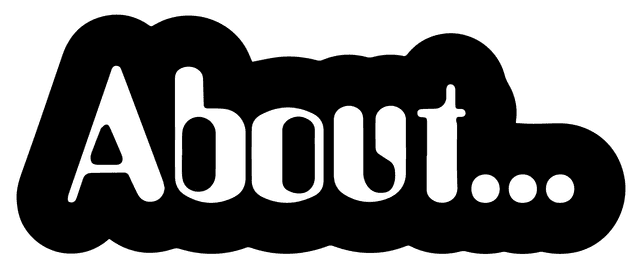
Gender.Network is an archive of flyers, photos, artwork, cartoons, letters, poems, and other media by trans, Two Spirit, non-binary, and gender liberation activists, organizers, and artists. It currently focuses on 1960s-1990s North America. It has been created collaboratively in that these materials were identified based on many conversations, including conversations with some of the people represented in the archive. You can help build and shape this archive too — please contact us or submit material at [email protected] or join us at one of our upcoming workshops to help curate, notate, and edit what is here, and help identify what is not.
This archive is created in honor of the many activists, organizers, and artists who continue to lead the way forward, in memory of those who have left us, whose voices and images and energy live on in these materials, and as an altar to the many many lives that don’t appear here at all.
This is a scrapbook of our transcestors, our transparents and trans-grandparents, our siblings and niblings, people related to us by shared experiences and struggles rather than by blood. It traces what was important to us, what our lives were like. It maps how we have taken care of each other, organized ourselves as activists, created art and shaped culture. Above all it shows how we fought for our lives and liberation and the lives of those around us. But like any family, ours is filled with complex, multifaceted people, with stories and lives that are at times inspiring, joyful, triumphant, and at times tragic, traumatized, and frustrating.
These materials are being photographed and scanned at a variety of institutional and private archives across the US and Canada, and contributed by individual collectors. They exist because of the foresight (and hoarding habits) of queer figures and allies in the past, and because of decades of labor and care by generations of archivists and scholars. Despite this, these collections have many limits and flaws, sometimes full of more transphobic screeds, bigoted news exposés, and mafia-funded transploitation porn than they are of nuance or trans peoples’ self-determination.
So what I am searching for are trans voices talking back, weaving networks of care and organizing for solidarity. As a result, this archive is not primarily about the struggles or violence we have faced. It is a story of how we have resisted, overcome, and of all of the work we still must do.
A primary inspiration for this project is Toni Morrison’s The Black Book, a collection of documents related to Black history, including newspaper articles, slave narratives, Jim Crow-era laws, advertisements, patents by Black inventors, and photos of artworks created by enslaved people, published in 1974.
Morrison writes that she was inspired to create the Book because she feared that “the world would fall away before somebody put together a thing that got close to the way we really were.”
I feel similarly about the present moment, and that we have a lot to learn from the struggles and thriving of those who came before us. In order to write this hirstory I believe we first need to create a network here and now, to listen to and tell each other our stories, and rewrite some of these blunted, biased, oversimplified narratives we have been told. For example, trans of color, Two Spirit, trans masculine individuals, and trans communities of the geographic south and midwest are often written out of the story but they have been key to what security and hope we have achieved. I believe this is part of the collective work of mourning and healing we need to do to build new forms of solidarity.
I hope this project is an opportunity for us to work together on creating and (re)writing this hirstory from our perspectives. So often our hirstory has been used by others to prove a point or footnote a historical account, to underscore our victimization or perversion, or to lay claim to an ancient lineage of queerness. This hirstory is ours in that we are living it, and yet it is none of ours in its entirety. This "us" always contained a spectrum of identity, culture, experience, radicalization, oppression, trauma, and all degrees of privilege. But I also think it names something shared as we each hammer away at the edifices of gender, race, and labor that have tried to force all of us — trans and not — to conform and to submit to a system based on brutality and inhumanity.
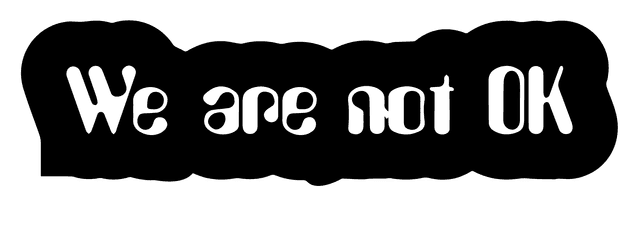
So many of us are struggling. Struggling to remain housed, to be employed, to avoid incarceration, addiction, abuse, violence. Many of our elders are isolated, grieving the loss of loved ones and the loss of community that sustained them during the hardest times. We are not OK. We may have deep roots but we need to prepare ourselves for the future that is already here.
https://www.transjusticefundingproject.org/donate/
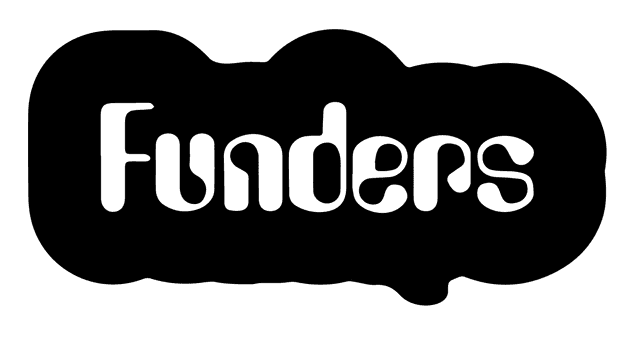
Gender.Network is made possible in part by the New York State Council on the Arts with the support of the Office of the Governor and the New York State Legislature; by Humanities New York with support from the National Endowment for the Humanities; with public funds from Creative Engagement, a regrant program supported by the New York City Department of Cultural Affairs in partnership with the City Council and administered by LMCC; and by The Puffin Foundation, Ltd.
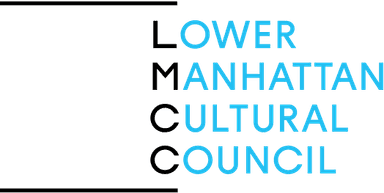

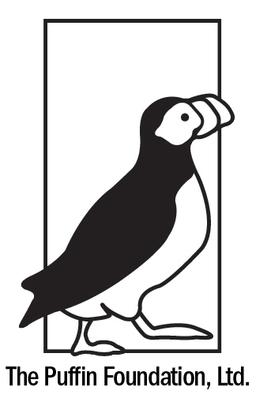
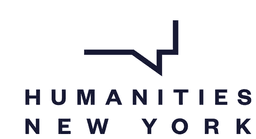
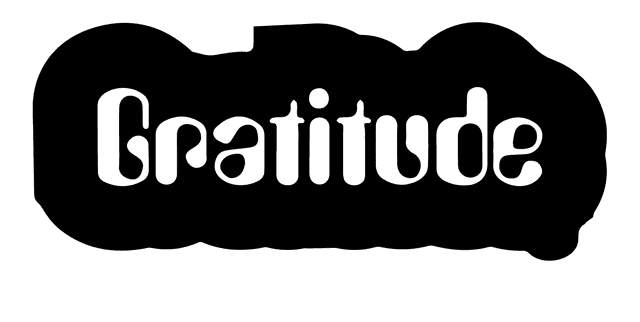
Deep gratitude to Christian Camacho-Light, Roxana Fabius, and the membership of A.I.R. Gallery, who have provided a home base, administrative, fiscal, and moral support for this project.
Endless thanks and admiration to my advisory committee: Che Gossett, Finn Enke, Jeanne Vaccaro, Malcolm Shanks, and Susan Stryker.
Major thanks to Ritu Ghiya for her incredible web design.
Thank you Aaron Devor, Abby Bass, Ace Lehner, Aiden Bettine, AJ Lewis, Alec Butler, Allee Mondheim, Anderson Toone, Andy, Ariel Goldberg, Ashley Armstrong, Barrie Jean Borich, Camille Lawrence, Charley Burton, Chelsea Goodwin, Chris Vargas, Christina Linden, Christine Walde, Chrystos, Craig Highberger, Dallas Denny, Dan Cameron, Daniel Louis Duncan, Daria Dorosh, Darla Bjork, David France, David Harrison, Dee Farmer, Dee Dee Chamblee, Del La Grace Volcano, Dena Muller, Dionne Stallworth, Donna Kessinger, Efrain John Gonzales, Elliot Marrow, Frances Woods-Baugh, Gayle Rubin, Harmony Hammond, Harrison Apple, Heather Dean, Ignacio Rivera, Jamison Green, Jaune Quick-to-see Smith, Jessica Xavier, Joanna Rivera, Joe E. Jeffries, Jolene Rickard, Jonathan Thunderword, Joshua Burford, Jude Patton, Judy Grahn, Judy Greenspan, Kai Pyle, Kan Seidel, Kaspar Saxena, Kat Griefen, Kay Turner, Kelly Wooten, KJ Rawson, Lara Wilson, Laura Bailey, Lauren Berke, Leah DeVun, Leo Valdes, Loni Shibuyama, Lou McCarthy, Louis Mitchell, Lynn Ballen, Madsen Minax, Margo Anderson, Mariette Pathy Allen, Marisa Richmond, Marsha Botzer, Martha Wilson, Maureen Jolie Anderson, Max Wolf Valerio, Micah Bazant, Minnie Bruce Pratt, Mo B. Dick, Mollie Biewald, Morgan Gwenwald, Ms. Bob Davis, Muriel Miguel, Myles McLean, Nancy Azara, Os Keyes, Pat Califia, Pendra Wilson, Rachel Ryan, Rahne Alexander, Reneé Imperato, Richard LaFortune, Riki Wilchins, Rollie Matthews, Rosa von Praunheim, Rupert Raj, Sandi Salas, Sarah Calise, Saskia Scheffer, Shannon O'Neill, Sharon Day, Simon Fisher, Suzanne Iacenza, Tobaron Waxman, Venus de Mars, Vickie and Sharon Baker, Wes Enos, Xiomara Niculescu, Zackary Drucker, and many many others for your questions, insights, anecdotes, stories, and conversations that continue to shape the direction of this project.

All materials in this archive retain their original copyright restrictions. We are operating under the belief that presenting these materials as part of an index or archive of gender liberation organizing is protected under the "fair use" protections of US Copyright law.
To the extent that something here is copyrightable by us — for example the particular selection of materials or notes, text, and other metadata — we license it to you for your use following the Creative Commons "copyleft" Attribution-ShareAlike license (CC BY-SA 4.0). This means that you can copy, redistribute, and adapt it, but you must give credit to where you got the material from (gender.network), and if you distribute a copy or adaptation of this material, you must use as generous a license as CC BY-SA 4.0 so that others can also share it and use it.

Cornell University Human Sexuality Collection
Country Music Hall of Fame
Duke University Special Collections
Harvard University Houghton and Schlesinger Libraries
Invisible Histories Project
Lesbian Herstory Archives
Manhattan LGBT Center LGBTQ National History Archives
Middle Tennessee State University Center for Popular Music
New York Public Library Manuscripts & Archives, Schomburg Center for Research in Black Culture, and Billy Rose Theater Division
New York University Fales and Tamiment Libraries
Seattle Public Library
The New School Library
University of Minnesota Jean-Nickolaus Tretter Collection in Gay, Lesbian, Bisexual and Transgender Studies
University of Victoria Transgender Archives
University of Washington
William Way Community Center John J. Wilcox, Jr. Archive
Yale University
Coming Soon
Berkeley University
Emery University Rhodes Manuscript Library
GLBT Historical Society
Georgia State University
Gerber-Hart Library and Archive
Louise Lawrence Transgender Archive
Michigan State University
ONE National Gay and Lesbian Archives
Rutgers University
UCLA
USC Northridge
University of Michigan Joseph A. Labadie Collection